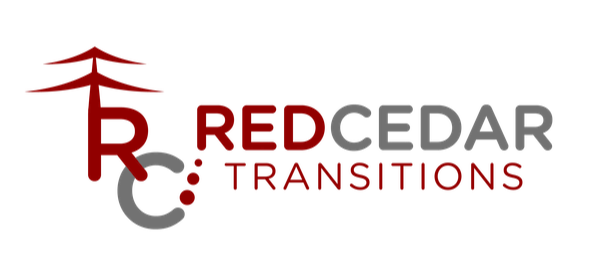Wilderness Therapy Closures and a New Approach to Adventure Experiences in Treatment and Post-Treatment Settings
Apr 08, 2024
Let’s talk about the elephant in the room: “Wilderness Therapy” programs are closing left and
right. At the time of this post, there have been at least 10 closures in the last year. At different
points in time, including the not-so-distant past, these types of programs were booming. There
have been some great programs that provided healing, and potentially life-saving treatment to
their clients. I believe it is also important to acknowledge that there have been some programs
that likely fell short of providing the care that their clients needed in many different ways.
There are a variety of reasons that enrollment in wilderness therapy programs has plummeted. I
won’t attempt to break them all down into detail, but it is worth acknowledging a few. In the past
3-5 years (remember a pandemic happened??) parents have grown reluctant towards sending
their kids away to treatment. Societally, it has become less acceptable to place minors into a
program against their will. While we acknowledge that in some cases this may be the best/only
option for a family, one cannot argue that the demand for this type of treatment has been
diminishing. Another factor is that while many of these types of programs have attempted to
individualize their care as much as possible, the large part of the program follows a certain
framework, often a phase system which can limit the ability to provide completely individualized
treatment approaches.
Interestingly enough, the majority of RCT (Red Cedar Transitions) staff members have worked
in wilderness therapy and/or adventure therapy type programs. We’ve witnessed firsthand the
magic that comes from an intentionally structured experience in nature. We’ve seen through the
years what works well, as well as some specific elements of programs that no longer serve their
intended purpose.
RCT founder, John Tobias was ahead of the curve when he dreamed up the idea of starting his
own program after years of working in the wilderness therapy field. John recognized the need
for young folks to have strong connections with trusted adults, as his clients often did with their
“field staff.” Additionally, he wanted to create a structure where each client’s “support” is
completely individualized. He also saw the power of experiential learning opportunities and
allowing young adults to experience natural consequences in semi-controlled settings. Finally,
he believed in the power of having clients “opt in,” meaning that forcing young people to engage
generally ends in compliance at best.
These beliefs helped pave the way for Red Cedar Transitions to form and continue to shape
how the “program” operates. While a majority of life coaching happens in the “front country,”
RCT continues to hold true the belief that intentional adventure-based experiences can help
shape our clients’ beliefs about themselves and develop positive (arguable necessary) attributes
including resilience, empowerment, self-confidence, self-discipline, a sense of curiosity,
creativity, and a connection to those around them.
Red Cedar clients are offered a variety of adventure-based experiences to help each client get
the most out of their time in the program. Our coaches offer one-on-one adventures with their
clients including hiking, disc golf, mountain biking, rock climbing, yoga, Zumba, and more.
Additionally, our coaches facilitate an optional weekly hike each Sunday for clients to get some
time outside, move their bodies, and connect with peers. We also strongly believe that a well-
crafted adventure experience can have a strong impact on family systems, so we are
developing a range of adventure experiences ranging from single day or short overnight trips in
Western NC to weeklong canoe expeditions on the Green River in Utah or sea kayaking around
the San Juan Islands off the coast of Washington state. Keep an eye on our website as we roll
out some exciting new programming in 2024!
Dan Horseman
Certified Life Coach
Red Cedar Transitions
More Resources:
- Stories from the Field Podcast by Dr. Will White (Episode 228 covers program closures)
- OBH Council Best Practices
